
A continuous peptide manufacturing process invented by Swedish Biomimetics 3000 Ltd is a platform technology also applicable to other solid-phase chemical processes, such as chromatography.

A continuous peptide manufacturing process invented by Swedish Biomimetics 3000 Ltd is a platform technology also applicable to other solid-phase chemical processes, such as chromatography.

The companies aim to assess automated CAR-T cell therapy manufacturing at the point-of-care and develop technologies to facilitate patient access to immunotherapies.

The Pharma Services business of Thermo Fisher Scientific will invest $150 Million at three facilities.

The collaboration’s enhanced data exchange combined with advanced analytics are expected to reduce raw material variability and improve biomanufacturing performance reliability.

The acquisition of the site in Copenhagen, Denmark, will significantly expand Fujifilm’s capacity and capabilities.

The new facility, located at the company’s headquarters in Pittsburgh, PA, is expected to meet all clinical and commercial development needs of the company’s lead gene therapy program.

Iksuda Therapeutics and Femtogenix, have signed a license agreement aimed at progressing Iksuda’s lead ADC to clinic, with the aim of targeting difficult-to-treat solid tumors.
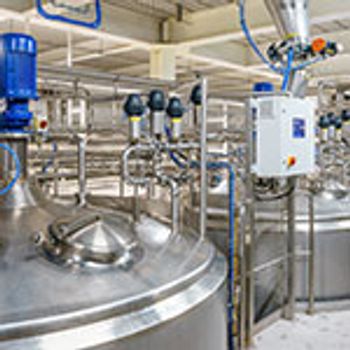
Technology vendors are strengthening their positions in China as the nation emphasizes self-sufficiency in research, development, and manufacturing.
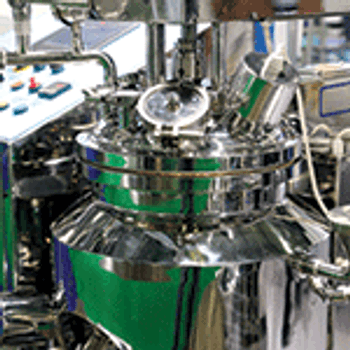
A look at recent investments by contract manufacturers to increase single-use bioreactor capacity.
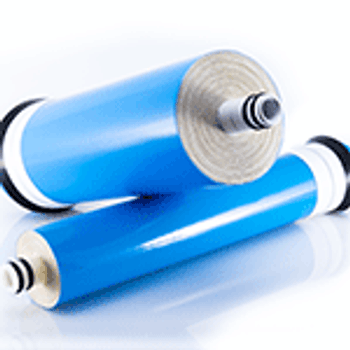
Downstream process equipment for mAbs manufacturing must be designed to fit technology developments in upstream processes.
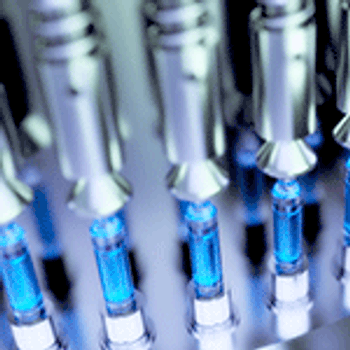
As automation in biomanufacturing becomes more important, so does the need to integrate process data.

Mustang intends to combine an oncolytic virus with an interleukin-13 Rα2-(IL13Rα2)-specific chimeric antigen receptor to potentially enhance efficacy in treating glioblastoma multiforme.

Teva will apply Insilico’s technology for predictive biomanufacturing to create more efficient biomanufacturing processes.

The company will invest an additional $60 million to expand its manufacturing facility in Durham County, NC.

Ireland’s National Institute for Bioprocessing Research and Training received funding from the Science Foundation Ireland’s Technology Innovation Development Award program for monoclonal antibody research.

The companies will jointly develop and commercialize an investigational bifunctional fusion protein immunotherapy currently in clinical development for cancer treatment.

In a deal potentially worth up to $460 million, Genentech and Xencor will develop and commercialize novel cytokine therapeutics.

The acquisition will boost Hitachi Chemical’s presence in the European regenerative medicines market.

Janssen and MeiraGTx will collaborate on the development and commercialization of gene therapies for treating inherited retinal diseases.

Suppliers address the complexity of supplying disposable components for single-use systems to the global biopharmaceutical manufacturing industry.

Single-use components for biopharmaceutical manufacturing have a lower environmental impact than reusable components, but disposal is still a consideration.
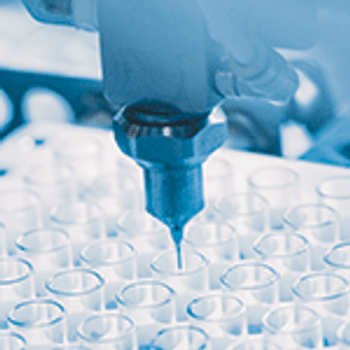
To ensure the sterility of parenteral biopharmaceutical products, it is necessary to employ certain tools, technologies, and standard operating procedures.

Full commercial launch of the drug is underway in the United States, with Europe to follow.

G-CON will provide a complete cleanroom infrastructure for GE Healthcare’s cell therapy and viral vector production platforms that will simplify early-stage manufacturing efforts.

MilliporeSigma’s use of modified amino acids can simplify the fed-batch process in biomanufacturing.